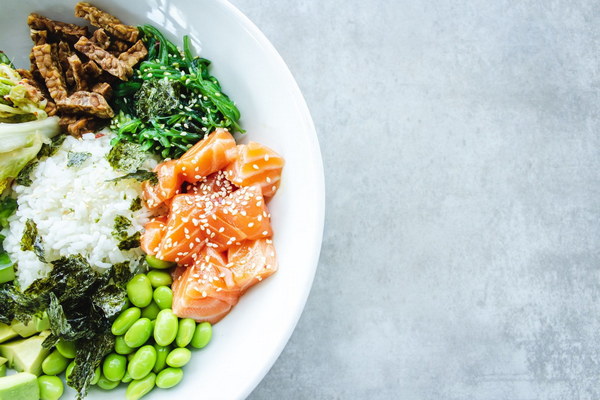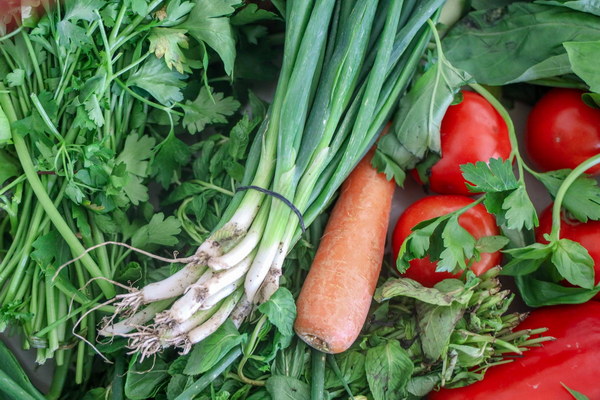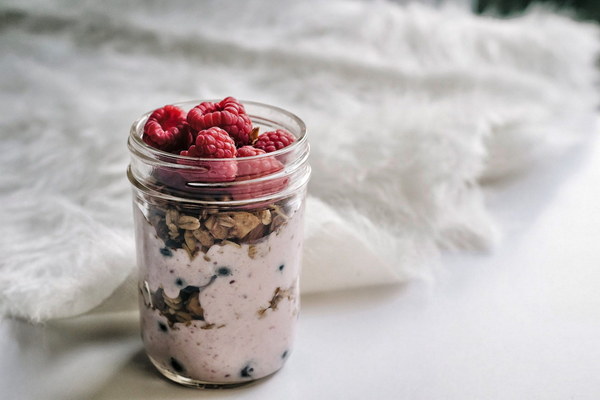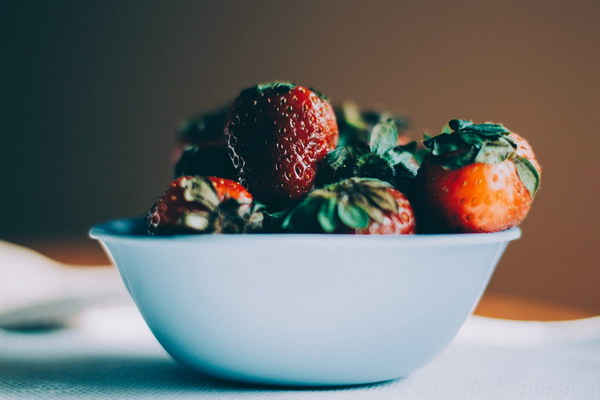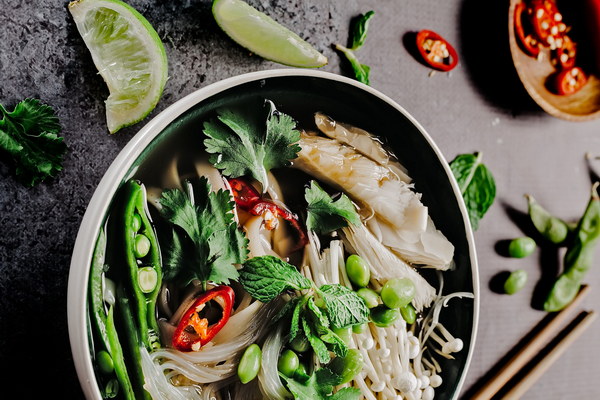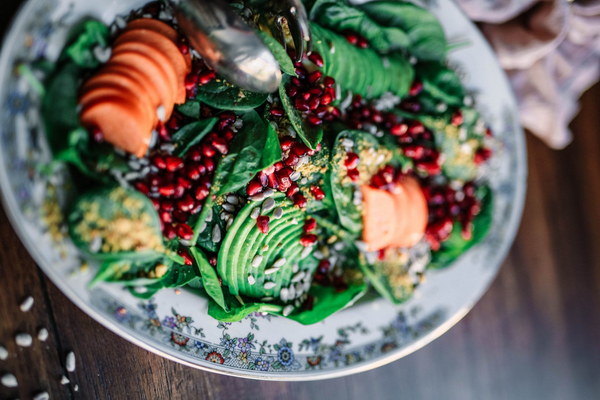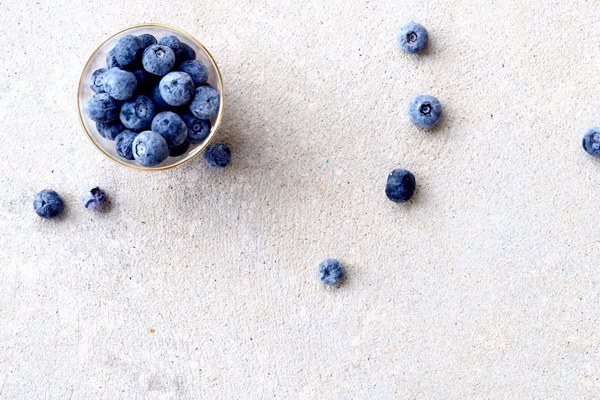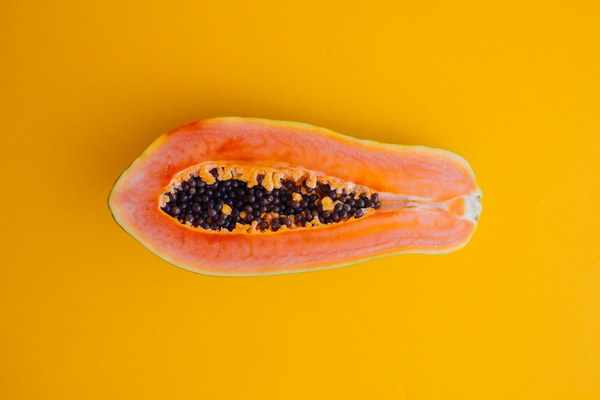Yoga Asana of Downward Dog A Beauty-Boosting Practice for Inner and Outer Radiance
In the world of yoga, the Downward Dog pose, also known as Adho Mukha Svanasana, is a staple that offers a myriad of benefits for both the body and the mind. This article delves into the beauty-enhancing aspects of the Downward Dog pose, highlighting how it can help you achieve inner and outer radiance.
The Downward Dog pose is a powerful inversion that promotes blood circulation, relieves stress, and rejuvenates the body. It is a favorite among yoga enthusiasts for its versatility and ability to cater to a wide range of fitness levels. Let’s explore how this yoga asana can help you look and feel beautiful from the inside out.
1. Enhances Skin Health
One of the primary benefits of the Downward Dog pose is its ability to improve skin health. The inversion helps to boost blood circulation, which in turn, carries oxygen and nutrients to the skin cells. This increased blood flow can help to nourish the skin, giving it a healthy glow and reducing the appearance of fine lines and wrinkles.
Moreover, the pose promotes the lymphatic system’s efficiency, which aids in the removal of toxins and impurities from the body. This process can lead to clearer, brighter skin and a more radiant complexion.
2. Tones and Strengthens Muscles
The Downward Dog pose is an excellent way to tone and strengthen various muscle groups, including the arms, shoulders, back, and glutes. A well-toned body not only looks attractive but also improves overall mobility and reduces the risk of injuries.
Regular practice of this yoga asana can help you achieve a sculpted physique, which is often associated with beauty and confidence. Strong muscles also provide better posture, which can enhance your appearance and make you appear more poised and elegant.
3. Reduces Stress and Anxiety
Stress and anxiety can take a toll on your physical and mental health, leading to premature aging and an unhealthy appearance. The Downward Dog pose is a great way to unwind and release tension, promoting relaxation and inner peace.
Inversions like the Downward Dog help to calm the mind by encouraging the production of serotonin, a neurotransmitter that regulates mood and happiness. By reducing stress and anxiety, this pose can contribute to a more youthful and radiant appearance.
4. Improves Digestion
Good digestion is essential for a healthy and glowing complexion. The Downward Dog pose stimulates the abdominal organs, including the intestines, which can improve digestion and prevent bloating and constipation.
A well-functioning digestive system ensures that waste products are efficiently eliminated from the body, reducing the risk of acne and other skin issues. This, in turn, contributes to a more radiant and youthful appearance.
5. Enhances Flexibility and Balance
The Downward Dog pose is a great way to enhance flexibility and balance. Improved flexibility allows for better range of motion, which can help you perform daily activities with ease and grace.
Balanced posture not only improves your physical appearance but also enhances your self-confidence. By practicing this yoga asana regularly, you can develop a more harmonious and balanced body, which is often associated with beauty and elegance.
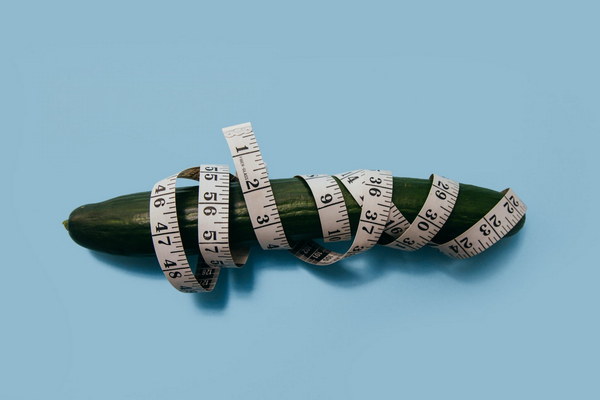
In conclusion, the Downward Dog pose is a beauty-boosting practice that can transform both your inner and outer radiance. By improving skin health, toning muscles, reducing stress, enhancing digestion, and improving flexibility and balance, this yoga asana can help you achieve a more beautiful and youthful appearance.
So, embrace the Downward Dog and let it work its magic on your body and mind. With consistent practice, you will notice a positive transformation that extends beyond the surface, leaving you feeling and looking more beautiful from the inside out.

